
Between the Lines
A new collection of Elena Ferrante’s correspondence and interviews illuminates how Ferrante pulled away from a male-dominated tradition to define her own genre of popular feminist literature.


A new collection of Elena Ferrante’s correspondence and interviews illuminates how Ferrante pulled away from a male-dominated tradition to define her own genre of popular feminist literature.

Katherine J. Cramer talks about her new book, The Politics of Resentment, and how the right exploits rural-urban divides to promote a populist image.


Ruth Milkman’s Gender, Labor, and Inequality is a story of halting progress for women in the workforce, a march punctuated by setbacks, false starts, and abandonment by purported allies.

K. Sabeel Rahman talks about his new book Democracy against Domination, and why liberals need to recover a language of economic power.

In Zadie Smith’s Swing Time, a young woman explores her racial identity through a love of dance—and finds a different kind of history, one that is barely written down.
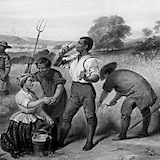
An interview with Matthew Karp about his book, This Vast Southern Empire, and the international politics of American slavery.


The Nubian community has lived in Kenya for over a hundred years, yet many became stateless after Kenya’s independence in 1963. For years, Nubian youth had to go through a nationality verification process called “vetting” in order to obtain a …
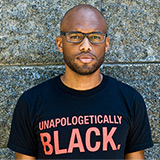
An interview with Mychal Denzel Smith about his book, Invisible Man, Got the Whole World Watching, and why the language of universalism is not going to solve all of our problems.
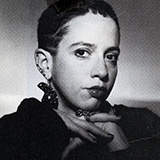
Can affect theory help us understand our contemporary unease—and express our dreams for the future—without becoming a stand-in for the slow, hard work of politics?

The left neglects the institutional structures of democracy at its own peril. In his latest book, political theorist Jeremy Waldron offers a welcome corrective.
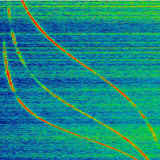
Drones offer the most compact, iconic representation of the new image of warfare: sanitary, sleek, almost post-human.

Two books offer new insights into the last forty-five years of uproar against abortion rights, and the fight to hold onto them.
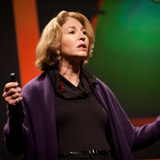
“Having it all” is not a feminist theory of change.

The new wave of true crime series has spawned an entire online subculture of amateur sleuths—not to mention vigilantes. But where do we draw the line between journalism, protest, and entertainment?


Oil magnate David Koch stepped down from the board of the American Museum of Natural History on December 9, 2015. His departure came only months after dozens of scientists signed a letter calling on the science museum sector to sever …